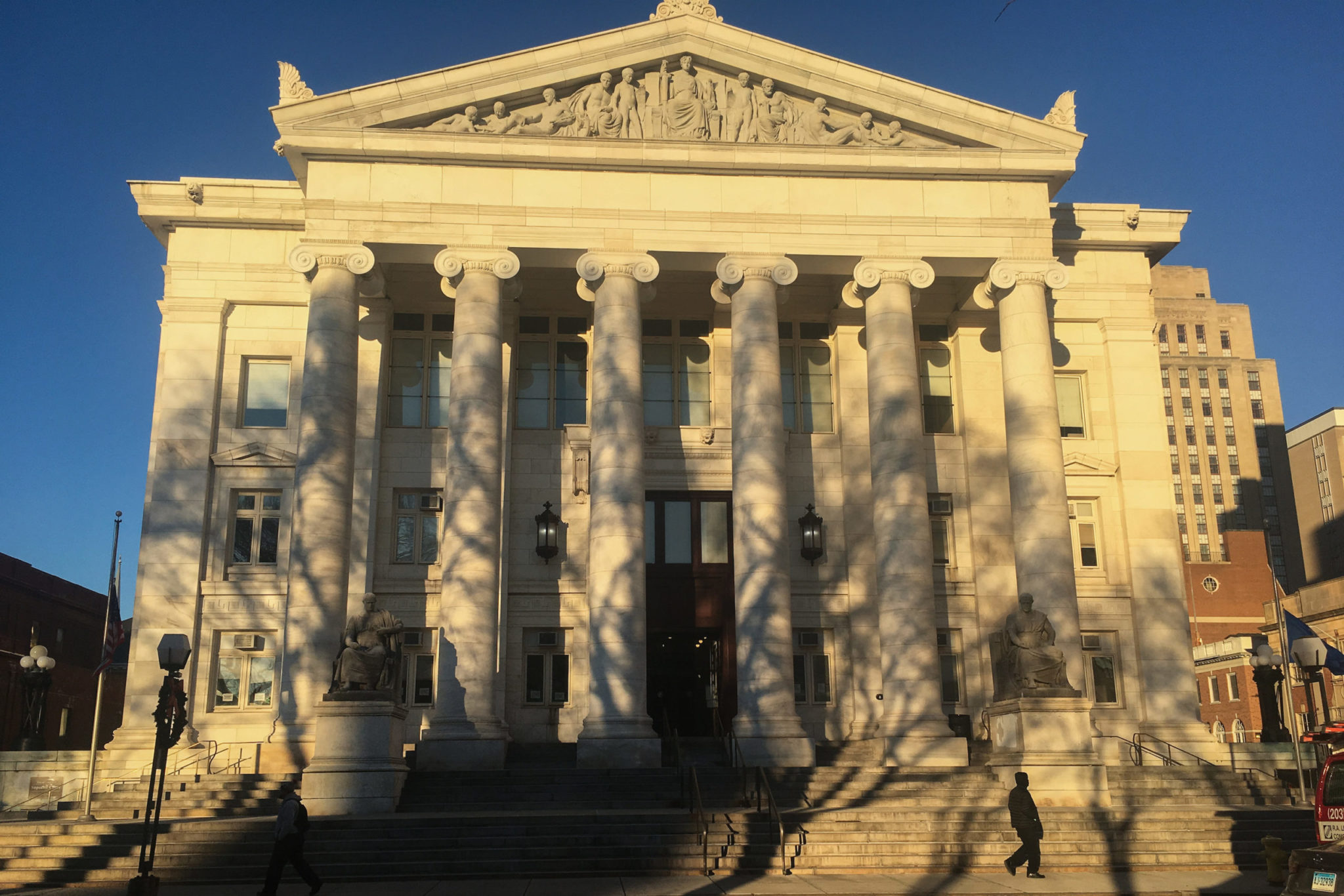
Neehar Gandhi
Since mid-March, Connecticut state officials have attempted to mitigate the transmission of the coronavirus in courtrooms by suspending many everyday functions of the state’s judiciary.
On Mar. 19, Gov. Ned Lamont issued Executive Order No. 7G, which directed state courts to only handle top priority cases, suspended jury services and closed many small courts. The state judiciary system began processing some civil and family matters in April. In June, it commenced select arraignment hearings and court conferences through video conferencing services.
Now, with tens of thousands of cases backlogged and jury services suspended, many local attorneys are facing the repercussions. In interviews with the News, many said their jobs have become much more difficult and their clients’ lives have become more stressful.
“It’s not a good time to be owed money in Connecticut — it’s not a good time to be hurt and seeking justice in the courts,” Alexander Taubes, a New Haven-based attorney who recently launched an unsuccessful bid for state Senate, told the News. “And it’s definitely not a good time to be incarcerated or to be involved in a child custody dispute or an immigration case.”
As of Aug. 25, according to a report by the state’s performance management and judicial branch statistics unit, there were 83,857 civil matters cases, including those housing and small claims courts pending across the state. In contrast, there were only 64,064 pending cases of the same nature on Aug. 25 of last year. Ongoing family matters cases have increased during that one-year period as well, from 6,894 cases to 7,975 cases.
At the New Haven County Courthouse on Elm Street, 15,797 pending motor vehicle and criminal cases await processing.
The pandemic has also forced attorneys in the Nutmeg State to conduct the majority of their business via teleconferencing.
New Haven public defender Beth Merkin explained that her office has remained open at 50 percent capacity and closed to non-personnel. She added that meetings with clients, their family members and prosecutors are now held online as opposed to in-person.
According to criminal defense attorney Frank J. Riccio, this technological advancement is welcomed by the legal community.
“Once the vaccine comes and life returns to the new normal, that technology will not go away,” Riccio said. “In fact, you’ll see a further expansion of the use of technology, even once the pandemic is over. Many practitioners and courts are now saying, ‘Where has this been all our lives?’”
Still, other attorneys have noticed that the shift to virtual services and procedures has become increasingly challenging for them to represent their clients.
Merkin explained that because incarcerated individuals are videoconferenced into courtrooms from their jails, she is unable to communicate face to face with her clients. She said she feels that the inability to have direct contact is an impediment to one’s right to a fair and speedy trial.
“You really can’t connect with your client, you can’t tell their story, you can’t get to know them over the phone or through a screen,” Merkin said. “That’s my biggest challenge — trying to do a good job here.”
Taubes similarly expressed his concern with being unable to see people in the courtroom. Taubes said that in one of his trials he was at times unable to gauge the body language and facial expressions of witnesses when cross-examining them.
Taubes added that in a criminal trial, the right for a defendant to confront their accuser is written in the Constitution. He said that taking away one’s ability to see their accuser’s body language and facial expressions could be a violation of the Sixth Amendment’s confrontation clause and that similarly, the delay of cases could be a violation of the right to a speedy trial.
“[For the most part], no one’s getting any trials, let alone any speedy trials,” Taubes said. “People who are facing criminal trials whose lives are on the line in this trial — it’s pretty risky to make yourself the guinea pig to an online video experience.”
Riccio echoed this sentiment, noting that Gov. Lamont’s executive order in March also suspended time limitations on court processes, filings and proceedings for the duration of the pandemic. This suspension means that some of the criminal defendants he represents may be unable to request a trial, he said.
The existent moratorium on jury cases, which cannot be conducted remotely in Connecticut, has further impeded the ability of state courts to offer a timely trial. In-person jury proceedings were slated to resume on Nov. 2, though the spike in COVID-19 cases statewide prompted state officials to postpone the plans indefinitely.
According to Riccio, reopening courts for in-person jury procedures is the next challenge for courts. While other states, like Florida and Texas, have begun testing and implementing remote jury proceedings, Connecticut officials have made no such moves.
“Anyone with an interest in jury trials would say that you need to have a jury physically present,” Riccio said. “This idea that other states have tried of a remote jury, I don’t think is very palatable.”
The New Haven County Courthouse is located at 121 Elm St.







